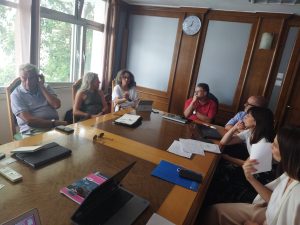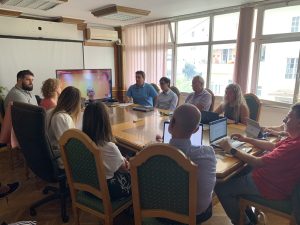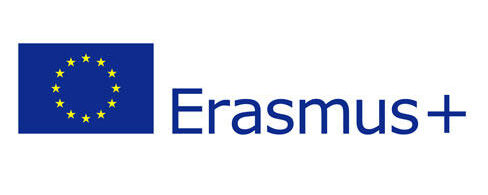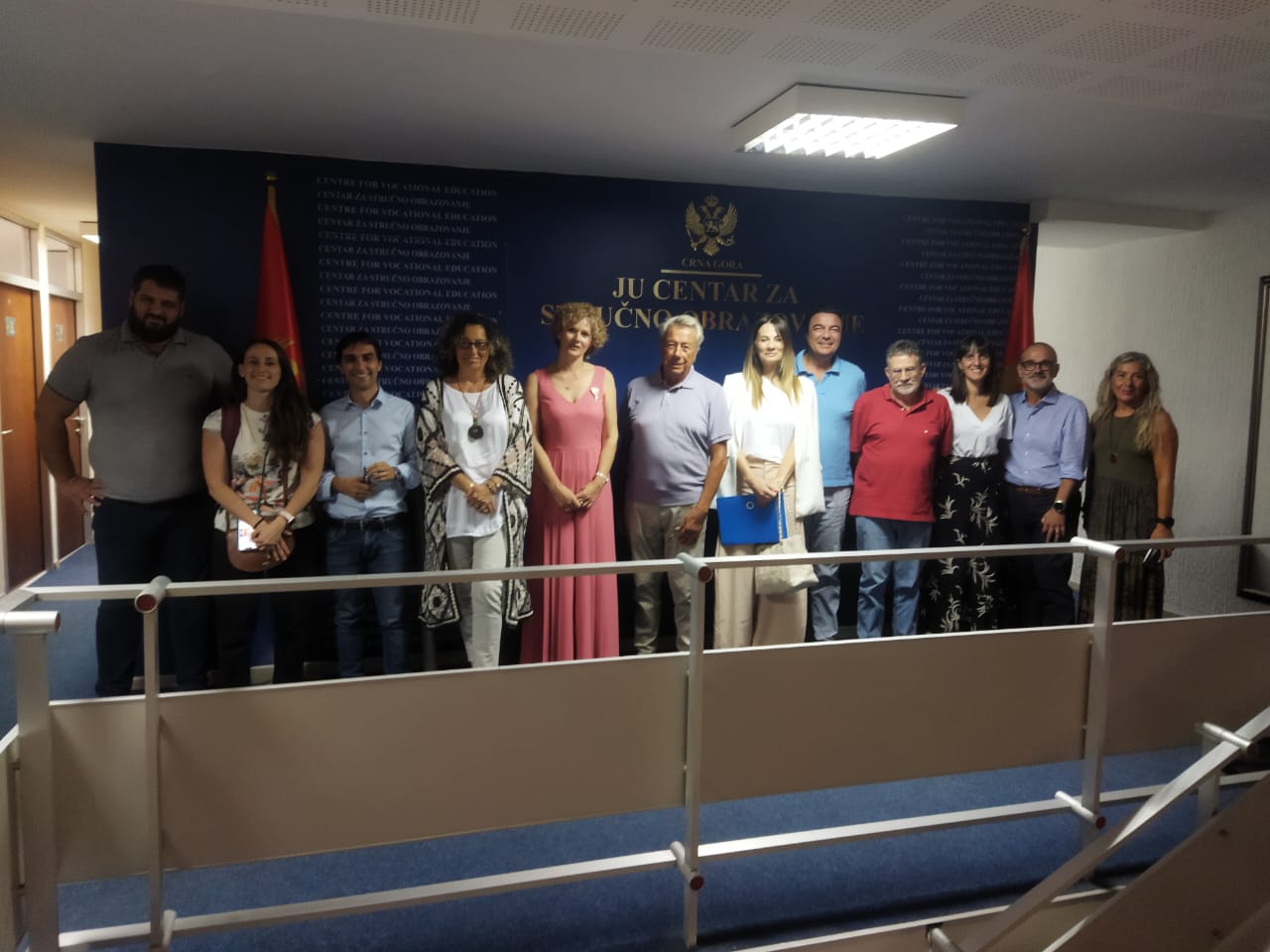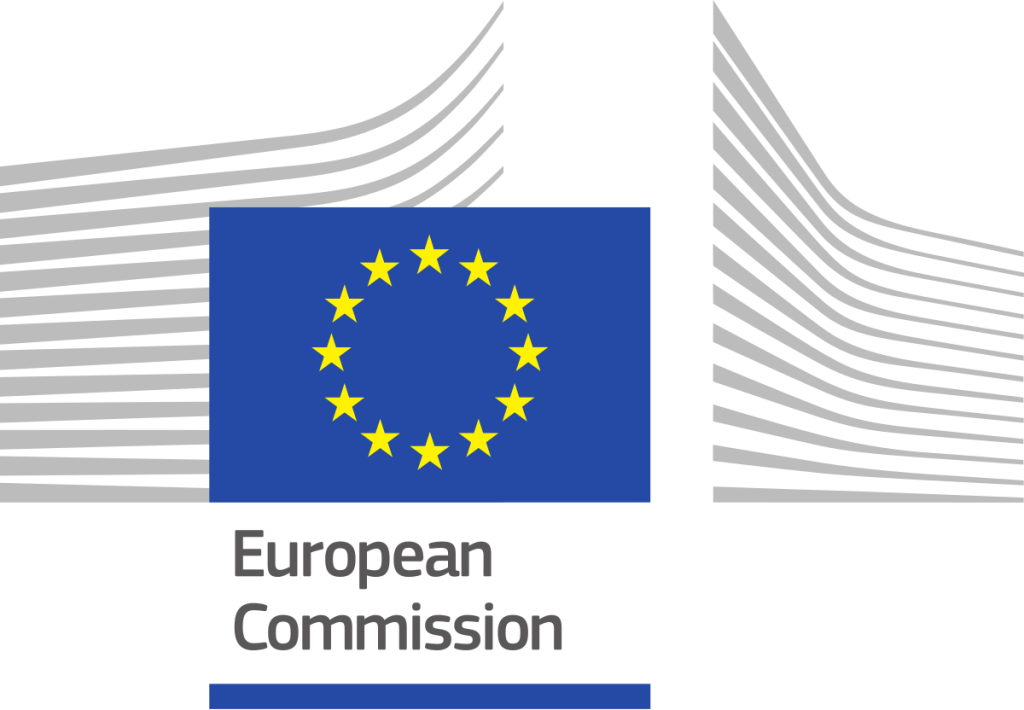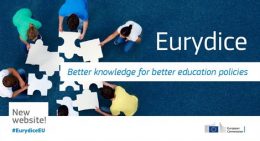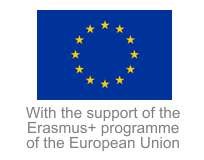The Center for Vocational Education of Montenegro hosted a mobility program within the project “Valorization of training experiences in the Western Balkans – VET-WEB” (September 12-14, 2023) which brought together prominent organizations and experts from the field of non-formal education and adult education.
The VET-WEB project aims to improve non-formal education in the Western Balkans. Through the exchange of experiences, analysis and institutional dialogue, the participants traced a path for the development of cooperation in the adult education sector in the region and beyond. One of the key themes of this event was the standardization of coach competencies. In this context, a program for trainers was implemented in order to raise awareness of the need for early recognition of the needs of participants in the training program. As part of the program, the Standard of Competences for Trainers in Education was presented, which was developed with the support of the EPale project and which was the result of inter-institutional cooperation within the framework of the EU digital ecosystem. The mobility programme also included an overview of the informal vocational education system in the Western Balkans. The challenges faced by the creators of the educational offer were highlighted, including the need to align the educational offer with the needs of the labor market. A special focus during the program was aimed at empowering vulnerable groups in the processes of obtaining the first qualification and professional development. A model of cooperation aimed at improving the inclusion of vulnerable groups in the non-formal education system was presented.
In this period, representatives of institutions from Belgium, Italy, Spain, Albania and Montenegro had the opportunity to exchange experiences through collegial dialogue in order to create preconditions for the development of a unique support system for the free movement of students within the framework of non-formal education and adult education. The results of comparative practice have consequently led to the consolidation of cooperation in the defined model of valorization of EU tools as means for closer cooperation between non-formal education institutions.
